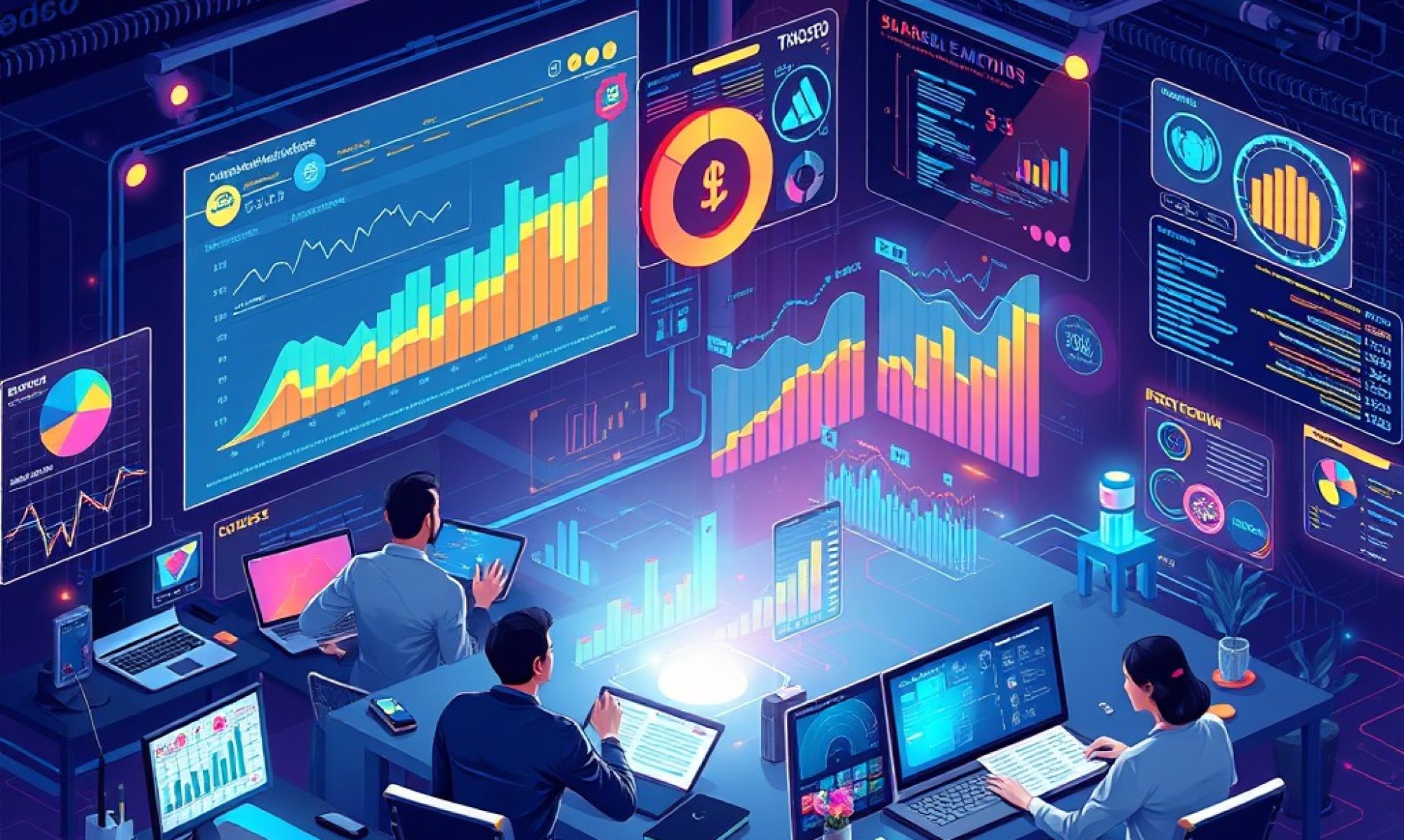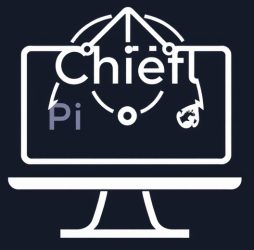Let’s face it: AI isn’t just coming for tasks—it’s coming for careers. After meeting dozens of AI startups and testing tools that feel like they’re evolving daily, one thing’s clear: the next 3–4 years will rewrite the rules of work. And if you’re in your late 30s to 50s? Buckle up. Here’s what no one’s saying out loud…
1. Your “Safe” Corporate Job Isn’t Safe Anymore
Think roles like product management, compliance, or non-creative marketing are immune? Think again. AI is hyper-targeting what I call “paper-pushing professions”—jobs heavy on process, light on creativity. These roles employ millions in large companies, but here’s the kicker: AI doesn’t need coffee breaks, promotions, or pensions. Startups like Cursor (coding) and ElevenLabs (voice cloning) are proving that small teams armed with AI can outperform entire departments.
The wake-up call: If your job involves repetitive decision-making or standardized workflows, your value proposition is on borrowed time.
2. The “10x Employee” Myth is Dead. Meet the 100x Team
Let’s talk numbers:

- Cursor: $100M/year revenue with 20 people
- Bolt: $20M/year in 2 months with 15 people
- Mercor: $50M/year in 2 years with 30 people
Notice the pattern? Tiny teams + AI = explosive growth. These companies aren’t outliers—they’re early adopters of a new playbook. AI tools let 5 people do the work of 50, and investors are rewarding this efficiency. For Gen X and older millennials who grew up in the era of “climbing the corporate ladder,” this is a gut punch. The ladder’s being replaced by trampolines.
3. Your Network is Your Net Worth (But Not How You Think)
Remember when job security meant a strong LinkedIn profile and a good reputation in your industry? That’s table stakes now. The real currency? Adaptability. The people who’ll thrive are those who can:
- Pivot skills (e.g., a compliance officer learning AI risk governance)
- Leverage niche AI tools (think custom GPTs for legal briefs, not just ChatGPT)
- Build hybrid human-AI workflows (you orchestrate, AI executes)
The emotional toll here is real. Retraining at 45 feels different than at 25. But as one founder told me: “AI won’t replace you—but someone using AI will.”
4. The “Middle Manager Apocalypse” is Here
AI thrives in layers of bureaucracy. Tools like Claude for strategy analysis or Notion AI for project management are already eating into the core tasks of program managers and ops leads. Why? Because AI doesn’t just do tasks—it optimizes them.
The defense playbook:
- Become a translator between AI outputs and human teams
- Double down on empathy skills (AI can’t navigate office politics… yet)
- Specialize in industries where regulations slow AI adoption (for now)
5. Your Backup Plan Needs a Backup Plan
Here’s the uncomfortable truth: Most people won’t act until they’re forced. But by then, it’s a stampede. Start now:
- Run “career fire drills”: What if your role is automated in 18 months?
- Go on offense: Use AI to launch a side hustle (e.g., AI-augmented consulting)
- Think micro-skills: Instead of “learning coding,” master prompt engineering for your field
Why This All Matters
We’re not talking about a distant sci-fi scenario. This is playing out in real time—Cursor hit $100M faster than it takes most companies to approve a budget. The emotional and financial ripple effects will be massive, especially for those mid-career.
The bottom line? Reinvention isn’t optional anymore. Whether you lean into AI or get steamrolled by it depends on one question: Are you willing to bet your career on the status quo?
P.S. If you think “1-person unicorns” are hype, just wait. The next billion-dollar startup might be a solo founder with an AI co-pilot. Time to update those career playbooks.**

